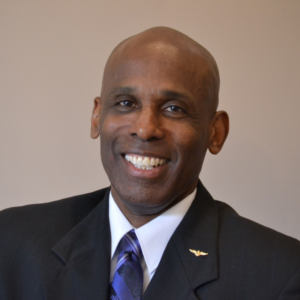Podcast: Play in new window | Download
 Reading Time: 2 minutes
On today’s Intelligent Money Minute, we’ll interview Rick Ferri on the legacy of Jack Bogle. Rick first met Jack Bogle at a Boglehead’s forum. During this episode, Rick recounts his personal interaction with Jack, and how he left a lasting impression. One quality that stood out to Rick was Jack’s goal in life. Rick says, “Jack’s goal in life wasn’t to make money, but to make a difference.” Jack Bogle understood why he did what he did because of his core values. At Intelligent Investing, we have our core values listed on our site to be transparent about our “Why?” You can read those here. Be sure to also read our previous blog we wrote about a note we received from Jack Bogle.
We’ll be interviewing Rick on several podcasts regarding index investing, behavioral finance, and practical tips for retirees, so be sure to subscribe to our Intelligent Money Minute podcasts.
Rick Ferri is a fellow CFA Charterholder, Marine veteran, author, and owner of Ferri Investment Solutions. He continues to write books and articles, provide educational webinars, and teach financial lectures.
Reading Time: 2 minutes
On today’s Intelligent Money Minute, we’ll interview Rick Ferri on the legacy of Jack Bogle. Rick first met Jack Bogle at a Boglehead’s forum. During this episode, Rick recounts his personal interaction with Jack, and how he left a lasting impression. One quality that stood out to Rick was Jack’s goal in life. Rick says, “Jack’s goal in life wasn’t to make money, but to make a difference.” Jack Bogle understood why he did what he did because of his core values. At Intelligent Investing, we have our core values listed on our site to be transparent about our “Why?” You can read those here. Be sure to also read our previous blog we wrote about a note we received from Jack Bogle.
We’ll be interviewing Rick on several podcasts regarding index investing, behavioral finance, and practical tips for retirees, so be sure to subscribe to our Intelligent Money Minute podcasts.
Rick Ferri is a fellow CFA Charterholder, Marine veteran, author, and owner of Ferri Investment Solutions. He continues to write books and articles, provide educational webinars, and teach financial lectures.







